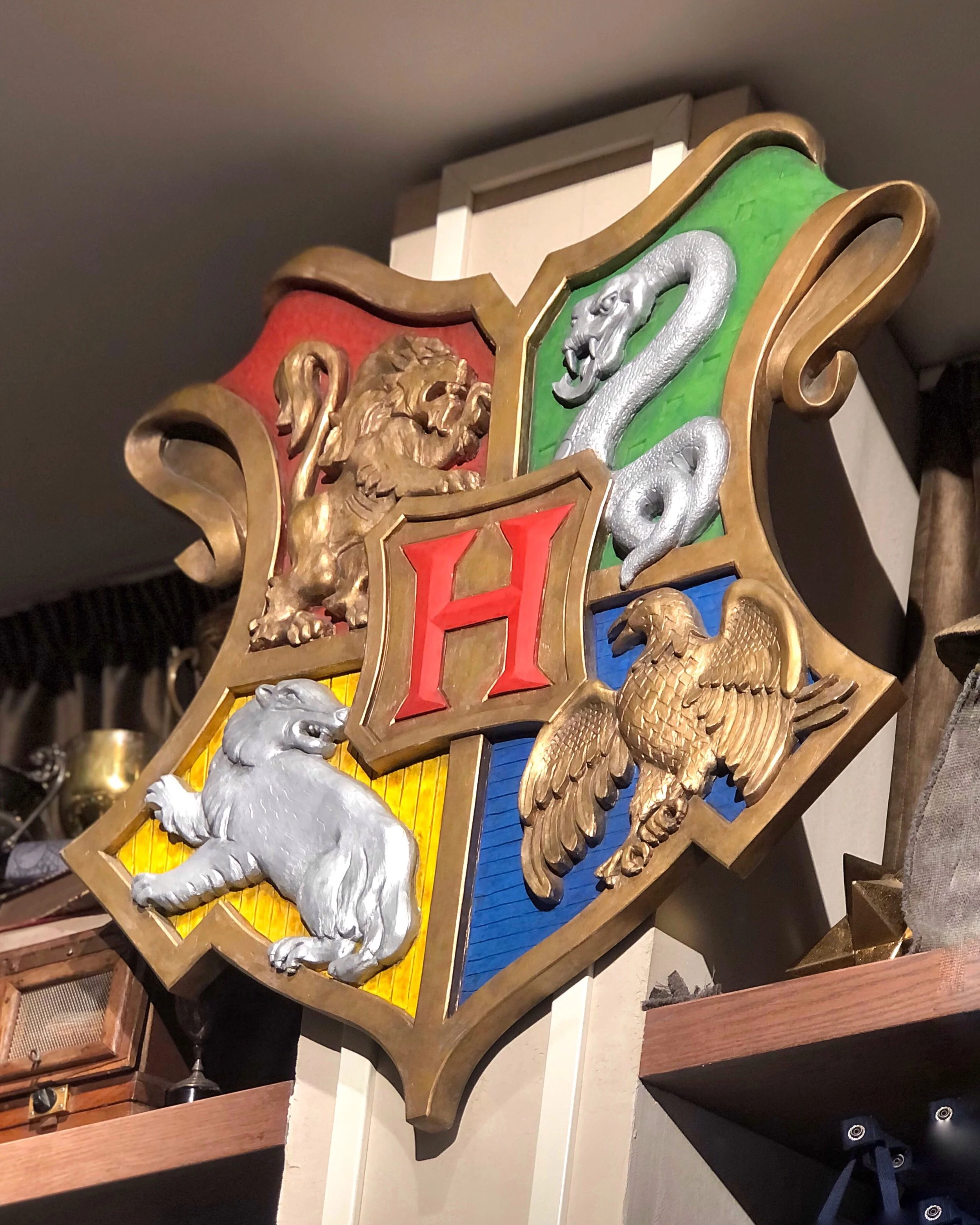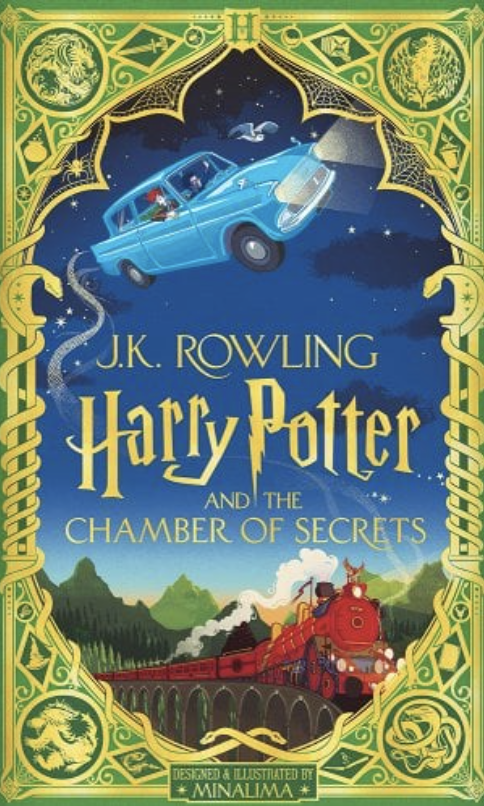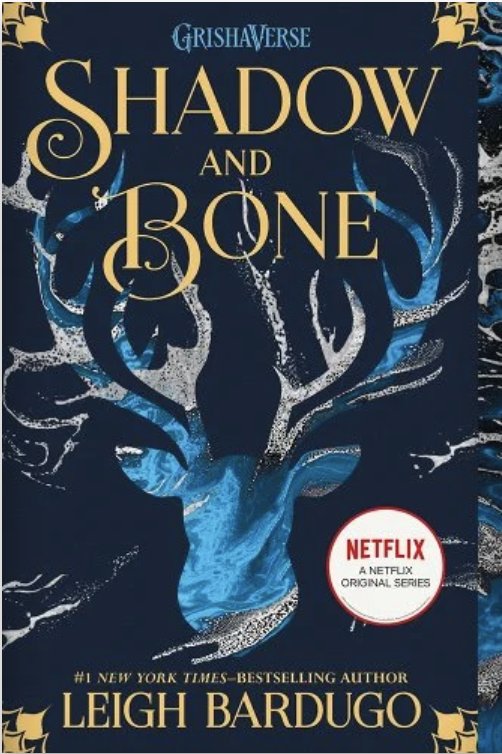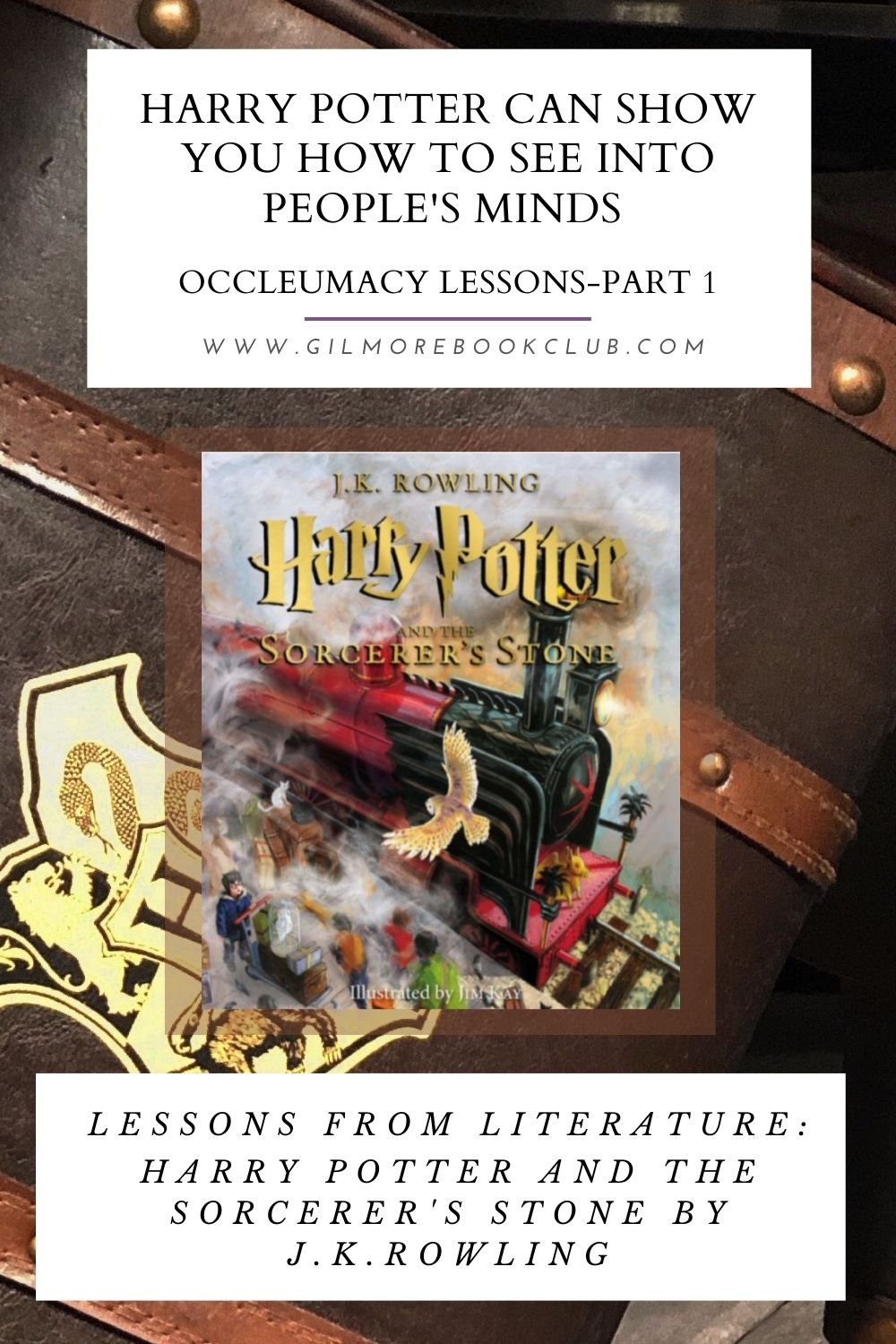Harry Potter and the Eye of the Invisible
Harry Potter and the Sorcerer’s Stone, Harry Potter and the Goblet of Fire
by J.K. Rowling
Part 1
Harry Potter Can show you HoW to SEe Into People's Minds
develop and strengthen your intuition
Occlumency Lessons- Part 1
“Loreali: That is, we follow certain things.
Rory: We enjoy various aspects of certain sporting endeavors.
Lorelai: But it wouldn’t be the kind you could ask any follow-up questions on.”
”
Full disclosure- the aspects I enjoy about sporting endeavors are food and friends, so basically, nothing that actually has to do with sports. (Not where you thought I was going you when saw this was about Harry Potter, was it? I’ll get to that.) Anyways, all the years playing church basketball or PE enforced sports did nothing to endear sports to me; it may have done the opposite. I'm happy to read a magazine while others are watching the game on TV and I'm way more interested in tailgate food and chatting with friends than I am about what down it is and if there was a flag on the play or not. Honestly, if you knew me, the fact that I could name two sports terms in one sentence is pretty impressive, and that might just be everything I know.
Yes, when it comes to sports, I’m pretty Gilmore. So please, no sporting follow-up questions unless it's why I'm talking about muggle sports in an essay on wizards. Don't worry, fellow witches and wizards, I could give you far more details about quaffles and snitches than I could about footballs or baseballs, but that's not the point.
Pin this image to save this article for later!
The point is that when my cousin asked me to play football one time, I didn't say no because of my aversion to sports. I said no because I physically couldn't move. And how could I explain that to a six-year-old? I looked completely fine. On the spectrum of age, I was young and spritely, not like grandparents that generally do not play physically demanding activities; at least, this is how I imagine my young cousin had decided to ask me to play with him. I've been in this situation repeatedly. Sometimes, I can craft an acceptable excuse, and sometimes I cunningly direct their attention to someone or something else. But even if I avoid physical activity in that one situation, how many times would I get away with preventing this kind of human interaction? How could I tell a young kid how sick I was, how tired, how fragile, how in pain I was?
For a very long time, I had no idea how to explain my chronic illness to anyone. In fact, I generally avoided talking about it at all for numerous reasons. As the years went by, I became more accustomed to my situation, and that passage of time strengthened my understanding. I was finally able to articulate details of my illness to others and help them comprehend something they weren't familiar with and something they didn't even know existed.
The more I returned to writing and began to analyze literature on a personal level, not just for school, I started to see fragments that described my experience using alternative descriptions, helping me create analogies like similes and metaphors to bring understanding to a subject shrouded in unknowns. And the worlds of literature, TV, and movies have an unlimited supply of parallels to draw from- part of the reason I’m so passionate about helping people use these mediums to understand and transform their lives. (More about this topic in The Power of Myth blog posts).
But how do you come up with those analogies? How do you see through what’s in front of you to find the hidden messages? How do you see what’s invisible?
“Rory: I’m not. I want this. I’ve dreamt of going to Harvard since I was a little girl.
Carol: Yeah, a lot of four-year-olds dream of that. It comes right after meeting Harry Potter.
”
Harry Potter, a 7-book series about a boy who finds out he’s a wizard, is probably one of the most famous books in modern literature. Even those who haven't read the books, or seen the movies, have heard of this magical phenomenon.
When I was in first grade, my family started reading the Harry Potter books together, starting with the first book, Harry Potter and the Sorcerer’s Stone. As often as we could, my sister and I would climb into our parents’ bed and listen as they read Harry’s story aloud, chapter by chapter. My sister and I had always been fans of fantastical books, which is probably why our family chose to read this one together, in addition to the fact that it was quickly gaining popularity. From the very beginning, we fell in love with the wizarding world: brave Harry, who finally finds his place in the world of magic, book-loving, brilliant Hermione, loyal and funny Ron and the rest of the Weasley family, and Professor Dumbledore, who’s quirky genius always delivered wisdom as life-restoring as the chocolate often doled out as a magical remedy, to name a few.
Harry Potter and the Sorcerer’s Stone begins with a portrait of Harry’s non-magical foster family, the Dursleys. They treat Harry terribly, giving him used socks for his birthdays, berating him and his deceased parents every chance they get, and forcing Harry to live in a small cupboard under their stairs. But when mysterious letters start showing up for Harry, it triggers an avalanche of events that result in Harry's introduction into the wizarding world of which he was previously unaware. Harry is special not just because he is a wizard but also because his parents were killed by one of evilest of wizards, Lord Voldemort. Though Voldemort attempted to kill Harry as a baby, for some reason, Harry survived.
“Hagrid looked at Harry with warmth and respect blazing in his eyes, but Harry, instead of feeling pleased and proud, felt quite sure there had been a horrible mistake. A wizard? Him? How could that possibly be?” ”
Harry arrives at Hogwarts School of Witchcraft and Wizardry, where he meets his best friends, Ron and Hermione, and delves into the practice of learning magic. The year passes, full of adventure, magic, and a little mischief, but culminates in one battle in which Harry and his friends must thwart Voldemort’s attempts to acquire the sorcerer’s stone that would enable Voldemort to live forever.
If you haven't read the books or seen the movies, skip to the next paragraph. While Harry does win the day (there are seven more books, you knew he had to survive through the first one), Voldemort is not entirely defeated. Voldemort retreats and continues to chase immortality and plot against Harry for the remaining six books.
The third book in the installment, Harry Potter and the Prisoner of Azkaban, was released when I was in the third grade. I absolutely could not wait for my family to assemble and read one single chapter a week to finally be back in the wizarding world and discover what would happen to Harry. In an uncharacteristic act of sneakiness and disregard for the rules, I borrowed the third book from a friend and read it under the covers by flashlight long after I was supposed to be asleep. At some point, I admitted to this, and we proceeded to read the Harry Potter books individually. I would read it first since I would go through it the fastest, then my sister, my mom, and finally, my dad.
Harry Potter has been a fundamental facilitator of imagination for me since the first time my family read that first book. There have been Harry Potter-themed birthdays, midnight book release parties, repeated watching of the movies, a visit to Harry Potter World, and an almost- yearly re-read or re-listen to the books. Out of the hundreds of books on the Rory Gilmore Reading List, or in fact, any other book list, there are only a handful that I know and love as profoundly as the Harry Potter books.
It was not just the intricate and life-like details of the magical world that I loved; it was also the repeating messages of the outcast finding a place and people where they belonged, uniqueness as a strength, and the power of love and kindness that always stayed with me. In a way, the Harry Potter books were my home.
“‘I was the only one who saw her for what she was- a freak!’””
As much as Harry Potter did not fit in with the Dursleys, so I did not fit in with the kids I grew up with. As a mature, brainy, unique child, I was interested in very different things, things that most kids would find uninteresting. My brain worked in such a different way, that I had a hard time understanding kids. I found tag a frustrating depletion of energy and the charade of wanting to get away from someone a confusing way to play. If you don't want someone to chase you, just don't run.
At times, I felt like I got along better with my teachers than with my peers, one of them even commenting that she had to watch what she said around me because I actually understood her not-safe-for-kids comments, unlike the other kids, where these types of things went over their heads. I felt much more at home in books, book fairs feeling like Christmas Day, and school libraries feeling like a second home.
Scroll down for Gilmore Girls merch for each Hogwarts house!
When included in a strong group of people, we often forget how isolating it is to be on the outside. In addition to the constant loneliness, you begin to question your sense of self-worth. If your entire world is saying you're good for nothing and can never do anything right, you begin to internalize that, coming up with rational explanations for why that would be true because nothing has ever surfaced to discount this theory. It's like growing up being told that the world is flat, which everyone believed for a while, until one day, someone sailed around the world and proved it to be round. Now you had substantial proof that the previous claim was untrue.
This is what happened to me. For years, I struggled to reconcile who I was with who everyone was. Wouldn't things be easier if I just acted as they did? Wouldn't I be happier if I thought as they did? There were times I tried to do that, but it always felt wrong, and I reverted to my unique self, still going against the tide of personalities and thought processes of everyone else. I was resigned to the fact that it may always be this way; I'd always be out of place. It would be frustrating, but at least it would be genuine.
In the eighth grade, I was cast as a dancer in The Music Man at a local theater. The theater had told us that when the show was previously on the stage, a professional dance troupe had performed as a part of the cast. Basically, we had big shoes to fill. Never before had I lived and breathed an experience so thoroughly. If I wasn't in school, I was at rehearsals, spending nights and weekends drilling dance steps, memorizing music, and rehearsing scenes. Because the dance training was so intense, the dancers were usually the first to arrive at rehearsals and the last to leave. I squeezed homework and study sessions between scenes with a hurried dinner. I sat up at two in the morning, my mom putting my hair in sponge rollers to achieve bouncy curls, and my dad quizzing me on US History. And I loved every second.
It wasn't until I started spending all my time at the theater, that I realized how at home I felt among artists. The music, dancing, acting, writing- I loved it all, and the theater was a fantastic combination of everything.
“Perhaps it was because he was now so busy, what with Quidditch practice three evenings a week on top of all his homework, but Harry could hardly believe it when he realized that he’d already been at Hogwarts two months. The castle felt more like home than Privet Drive ever had.” ”
I’ll never forget how I felt the night of the first performance. After months of rehearsals, I was exhausted but completely exhilarated and in love. I was home.
Being amongst artists made me feel seen and accepted, just like being among wizards made Harry feel at home. At our core, that's what we want: to be seen, accepted, and loved. Harry and I had felt invisible in our previous lives, but obstacles were looming in the distance for both of us that would test our ideas of what invisibility really means.
“‘The truth,’ Dumbledore sighed. ‘It is a beautiful and terrible thing and should therefore be treated with great caution.’” ”
This page contains affiliate links. For those purchases, the Gilmore Book Club receives a small commission at no extra cost to you- thanks!
Rory Reading Recommendations
If you’re interested in this book, or this blog post, here’s what to read next.
More from the Gilmore Book Club Blog
Featured Products: $14 USD classic tees, up to 35% off from Sept 15 - Sept 17

















